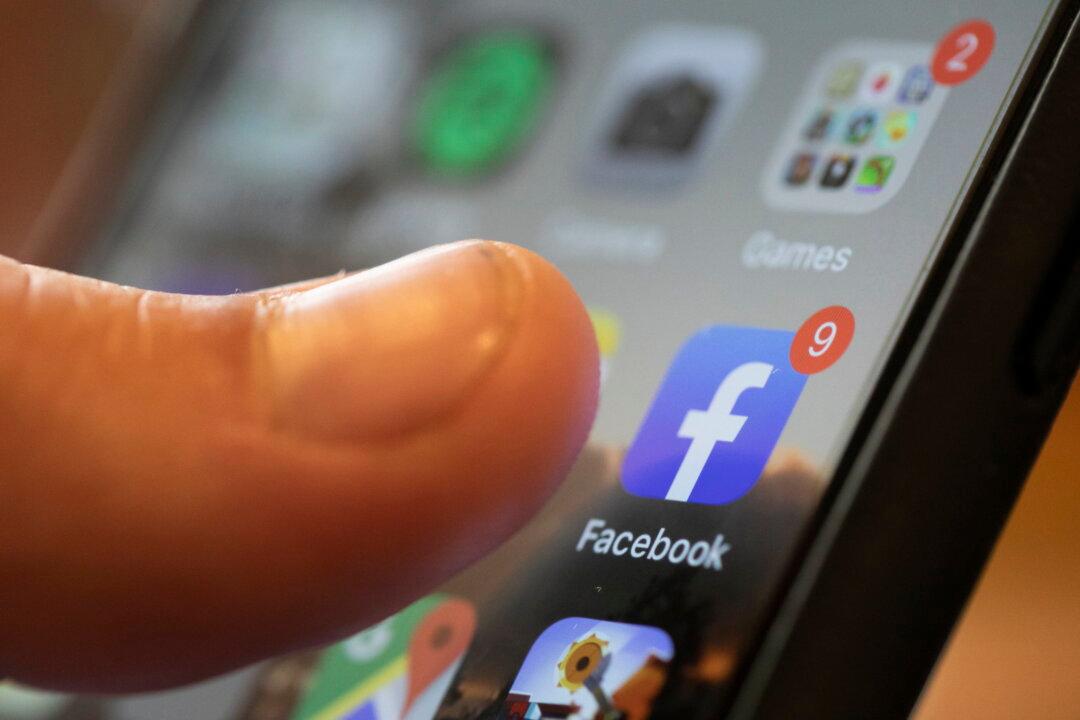A Quebec court has authorized two separate class-action lawsuits against YouTube and Facebook for allegedly censoring posts and videos critical of COVID-19 measures and vaccines.
Quebec Superior Court Judge Lukasz Granosik issued both French-language decisions on April 29 after two separate plaintiffs brought forward lawsuits saying the social media platforms censored their views during the pandemic.





